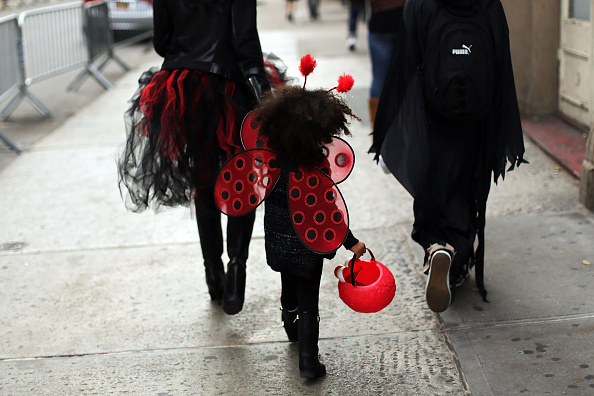A mother’s relationship with her daughter is one that has an impact on the development and socialization of a girl from birth to adulthood. Between the ages of six and 12, a daughter idolizes her mother, whether or not that image in her head is accurate or not. Throughout this time, girls require validation, acknowledgment, and proper modeling from their mother in order to bolster their self-esteem, sense of worth, and self-respect.
Other important female caregivers include grandmothers, aunts, family friends, etc. Many who may have a joint role and/or have taken the primary role of parenting a girl in the mother’s absence. It is important to note that these women are not exempt from the responsibility of leading a girl child’s capacity to feel pride, take pleasure in her accomplishments, and feel a sense of competence.
I can remember clearly at the age of six how my father’s aunts would criticize me for how skinny I was, my skin tone, and the width of my nose and rear end. They would provide counsel to my mother via my father on various skin bleaching agents and how long I should pinch my nose between my fingers amongst other suggestions. The negativity of those words began to infiltrate my thoughts about myself and how I was perceived by the world.
The vocalization of negativity and fear-provoking words stimulates the brain in negative ways. Stress chemicals are released in the speaker’s brain, as well as that of the listener – your daughter. Positive words and thoughts drive the motivational centers of our brains, making us more resilient and ready to take on life’s problems. Isn’t that what we want for our girls?
As a mother or female caregiver, you should regularly engage in positive thinking about yourself, share your happiest events with others, and savor every positive experience in life. Why? Because it takes at least three positive thoughts and feelings for each expression of negativity.






